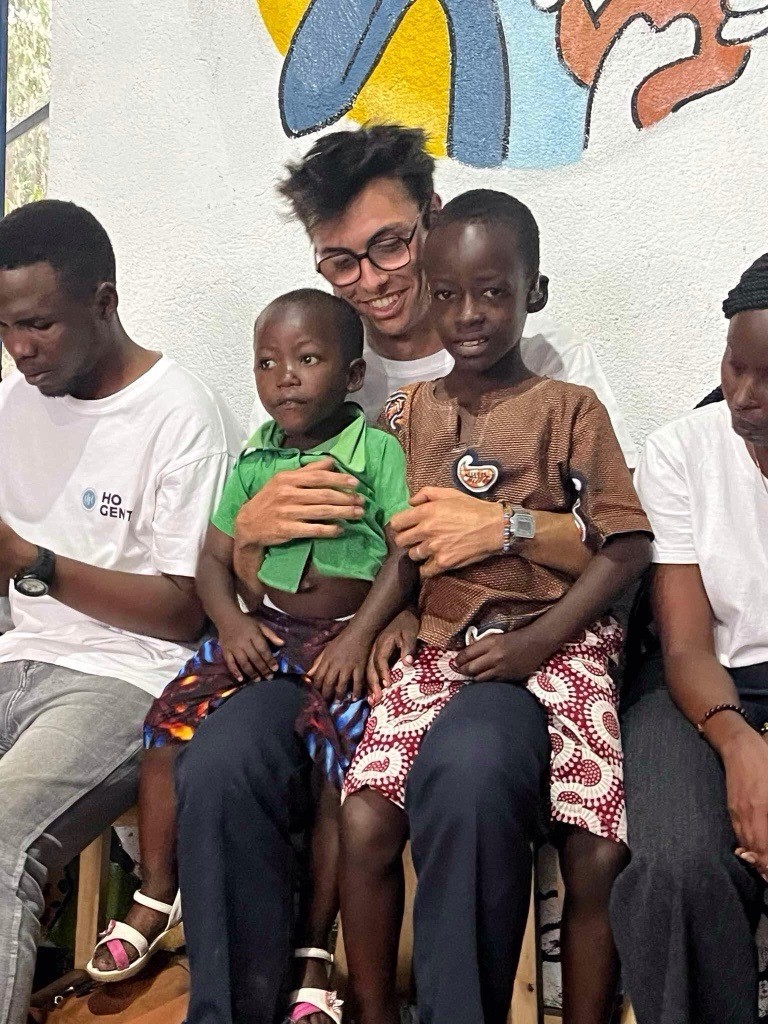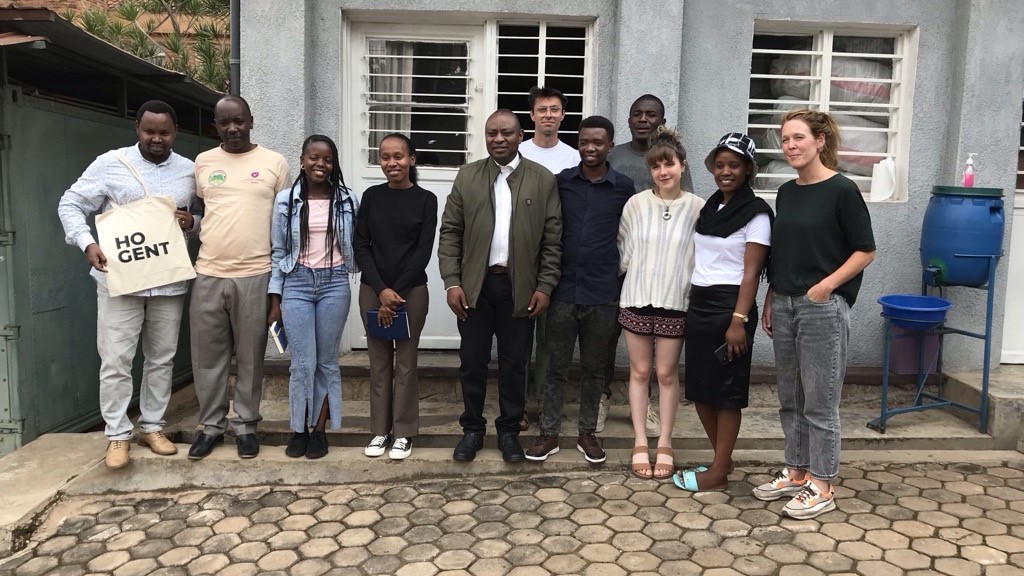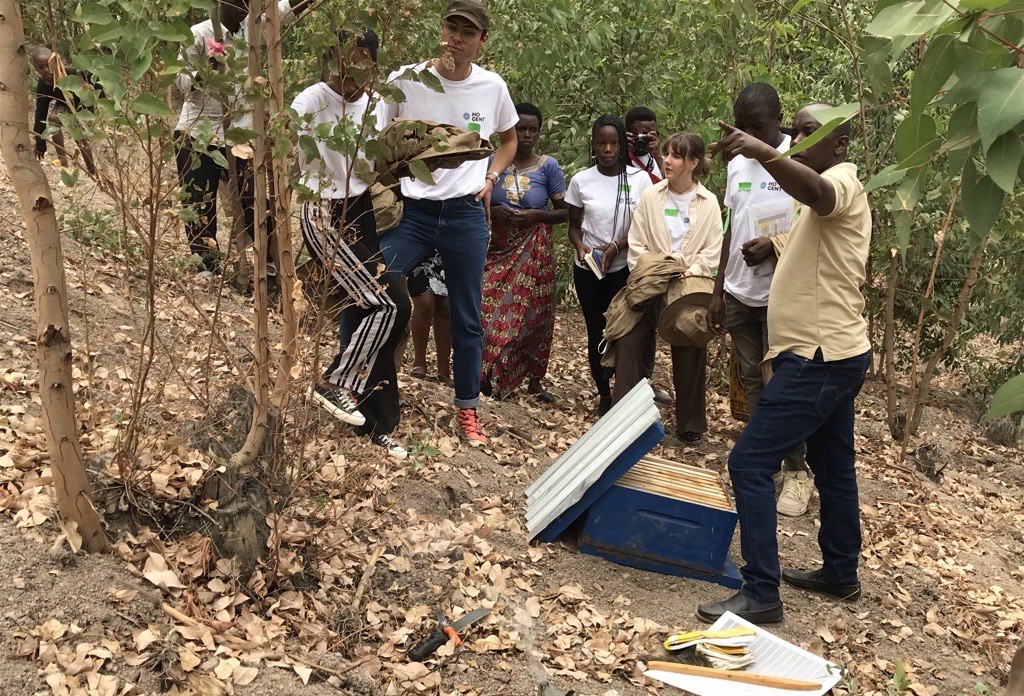During the second half of August, 9 students of HOGENT participated in a summer school in Rwanda. The multidisciplinary student team, comprising Business Management, Agro- and Biotechnology and Nutrition and Dietetics degree programmes, joined forces with 24 students of the University of Rwanda (UR) on value chain development in the food sector. The summer school was a mix of classes, guest lectures, field trips, social activities and assignments.
HOGENT is a long-term partner of a partnership with the province of East Flanders and several NGOs in Rwanda's Southern Province. The partnership, sponsored by the province of East Flanders - works primarily on the needs of the most vulnerable with a focus on agriculture and nutrition, among other things. The summer school was partly facilitated through support from VLIR-UOS.
Agriculture in Rwanda is highly fragmented, Marianne De Meerleer explains, who is involved in the project as a lecturer and researcher: “We are dealing with many small farmers, who are rarely united. As a result, income is limited, leading to poverty. Therefore, vulnerable communities in particular struggle to access nutritious quality food.”
The local community has limited access to nutritious food, and this manifests itself in child development, among other things: in the northern region, 44.4 percent of children are stunted in their growth. The national average is around 33 percent.
Holistic
A summer school like this is an undeniable added value for the students, Joeri Brusselle explains, co-mentor and lecturer in the specialisation environmental and sustainability management: “First and foremost, the cross-cultural experience: the students of HOGENT and students of the University of Rwanda resided in the same complex in Kigali and carried out assignments in mixed teams. It was highly successful.

In addition, they naturally acquire a lot of knowledge and competences in the context of value chain development, including through various company visits. For example, they visited a corn flour factory and a company making banana chips. They were also involved in local agricultural and processing businesses. This is how they made honey, among other things.”
Marianne De Meerleer adds: “They gained insight into what interventions may boost the nutritional value of crops. And they presented their proposals on the matter at the end of their stay. We approach issues by holistic, multidisciplinary means, from different backgrounds and areas of expertise. This challenged them to think outside their academic comfort zone.”
Arthur Wullaert, environmental and sustainability management student, confirms: “It taught me a great deal. I hardly dwelled on nutritional value before. In Rwanda, however, it is even a matter of survival. Since then, I have been paying more attention to this, to the extent that I track my diet regularly.”
Arthur was part of the student team delving into honey production. This immediately inspired him to get started at HOGENT: as co-coordinator of the Sustainable Office, he also wants to install bee hives on campus Schoonmeersen.
Facilitator
What matters most, of course, is whether the local community also reaps the benefits. The immediate impact of a similar summer school is limited, but it is part of a longer-term umbrella project. Nevertheless, Arthur Wullaert believes the stay in Rwanda has not been optional: “Through the many company visits, we got a pretty good idea of their working methods. For example, we concluded that they make little use of residual flows. In our final presentation, we focused on that concept and offered some suggestions for improvement.”
Joeri Brusselle adds that HOGENT's added value not only includes deploying expertise, but also the role of facilitator: “HOGENT has taken the initiative to also involve the University of Rwanda in the project. This has strengthened the cooperation between NGOs, local community needs and academia and could lead to great results in the long run.”

